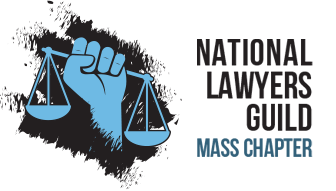On December 2, 2021, the Harvard Law School NLG chapter, the NLG National Office, and Harvard’s Institute to End Mass Incarceration (IEMI) co-sponsored a Zoom webinar on “Representing Radicals.”
The event began with opening remarks from Premal Dharia and Andrew Crespo of IEMI, who spoke about the Institute’s goal of building collective community power in the fight against mass incarceration, including how lessons from movement defense work can inform collective action and resistance among people broadly prosecuted in our criminal legal system.
Members of the Tilted Scales Legal Collective presented material from their new book, Representing Radicals (2021) to help legal professionals understand ways to work with radical defendants. Their presentation focused on how lawyers can help radical clients achieve non-traditional goals and pursue political priorities as a crucial part of providing them with the most robust criminal defense while helping them strengthen and defend their social movements.
Lauren Regan (Civil LIberties Defense Center, CLDC) and Joshua Raisler Cohn (NLG-Mass Chapter and Committee For Public Counsel Services, CPCS) then spoke about their experience working with political defendants and providing other legal support to leftist social movements.
Josh also specifically discussed how the distinction between radical defendants and other clients as a public defender often boils down to the amount of agency a person has over their arrest. He emphasized how good layering should really incorporate this type of client-centered lawyering in all contexts – including incorporating clients’ non-traditional goals for furthering the political interests of their broader community.
The panelists participated in a Q&A session covering issues like how to manage the professional consequences of zealous advocacy and support for radical social movements, the ways that funding and practice setting can influence movement lawyering work, and how to establish and maintain collective action among political defendants and their movement supporters.
After the webinar, Harvard NLG hosted an optional discussion group where a smaller group of attorneys and law students continued the conversation about working with political movements.



